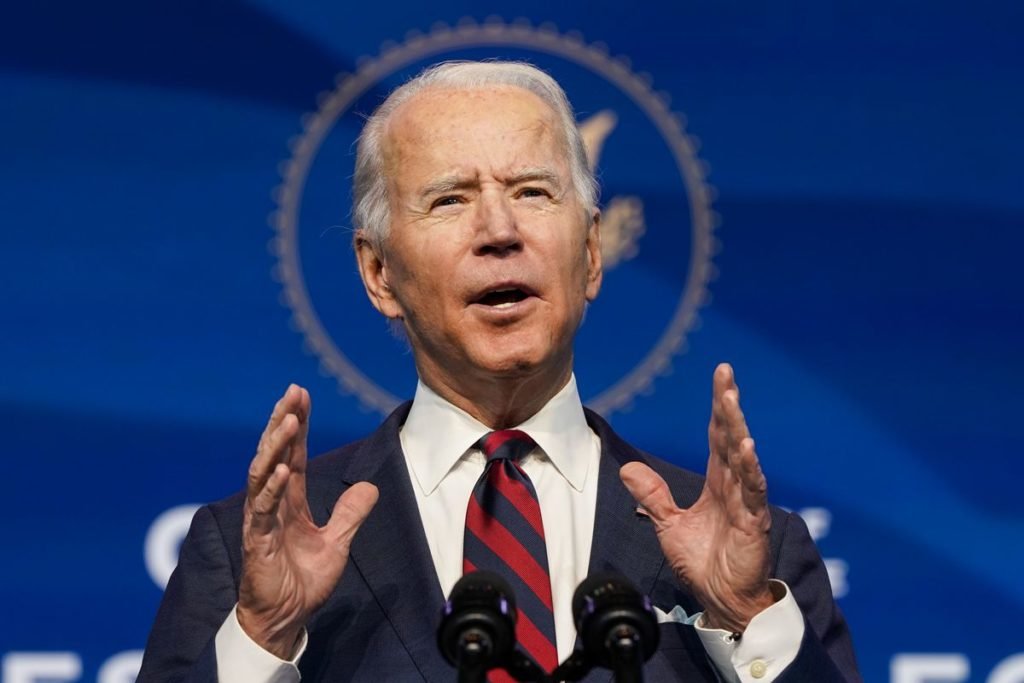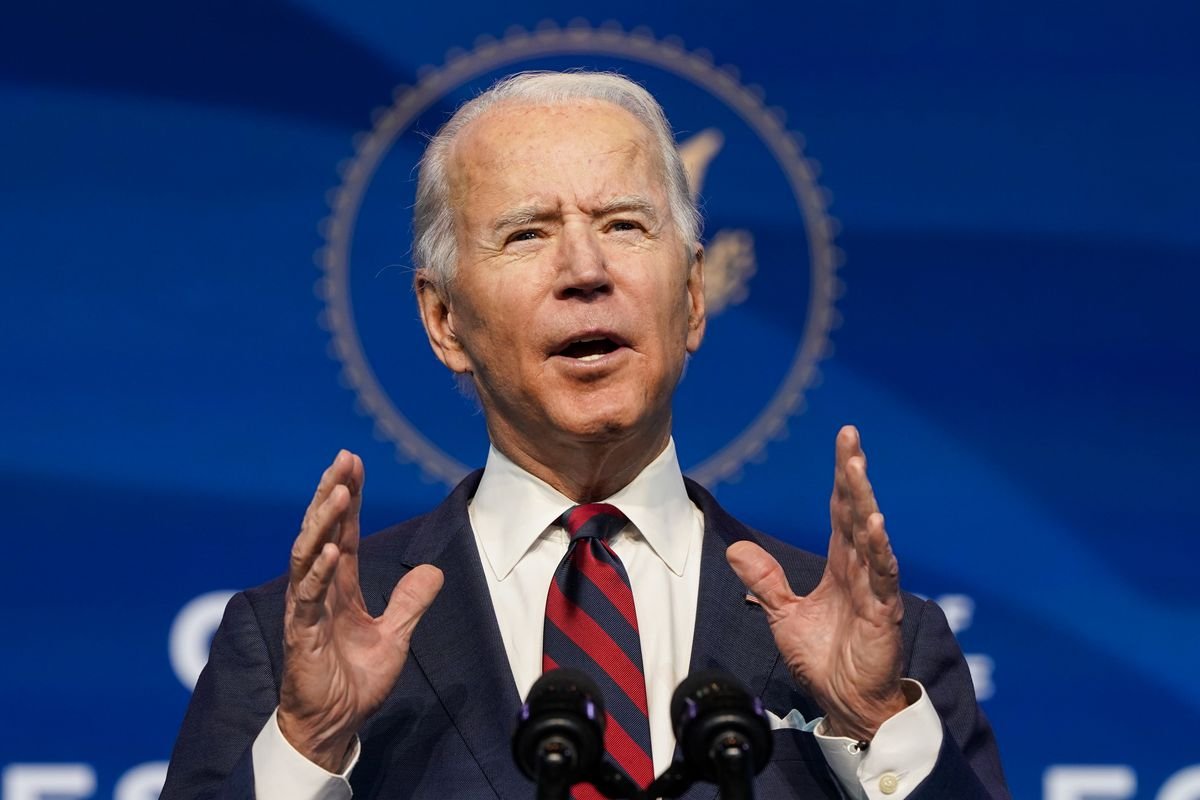President Joe Biden and democrats have triumphed in a landmark approval of a $1.9 trillion COVID-19 relief bill, in a Congress divided along party lines. It was a victory for Joe Biden after marshaling to increase the government’s spending power against the coronavirus and the economic crises.
Help Is Here, Says Biden
Congress gave final approval on Wednesday to the package which was won on a thin line 220-211 vote. This win comes precisely seven weeks after Biden became President. The Senate passed the bill four days ago. The republicans characterized the increase in expenditure and termed it bloated and needless.

The roll call ended with applause from Democratic Party lawmakers. Biden said is set to sign the increase today.
Most Americans only notice the $1400 aid that extends to September the content embodied in the legislation goes beyond that, the measure addresses Biden’s top initial main purpose of easing life after the first wave of the pandemic hit the company. Since then, many Americans have been relegated to hermit-like lifestyles in their homes to avoid a disease that’s killed over 525,000 people — about the population of Wichita, Kansas — and plunged the economy to its deepest depths since the Great Depression. House Speaker, Nancy Pelosi, D-Calif., said “Today we have a decision to make of tremendous consequence,”, “a decision that will make a difference for millions of Americans, saving lives and livelihoods.”
For President Biden and Democrats, the bill is fundamentally a canvas on which they have painted their core beliefs — that government programs can be beneficial and not a nuisance, to scores of people. People that spend huge sums, on such efforts can be a solution and not a curse. The legislation never stood real suspense over its fate despite the slender congressional numbers.
The democrats were also empowered by these three dynamics:
- Their unfettered control of the White House and Congress, polls showing robust support for Biden’s approach.
- A moment when most voters care little that the national debt is soaring toward a stratospheric $22 trillion.
- Neither party seems much troubled by surging red ink, either, except when the other is using it to finance its priorities, be they Democratic spending or GOP tax
Republicans noted that they’ve overwhelmingly supported five previous relief bills that Congress has approved since the pandemic struck a year ago, this happened when the divided government under then-President Donald Trump forced the players to negotiate. They said this one particularly reflected the democratic goals by setting aside money for family planning programs. The federal workers who take leave to cope with COVID-19 and who failed were also covered. The shuttered schools accepting aid were not required to reopen their doors.
But for the American people, it means serious problems immediately on the horizon, because of the added expenditure said House Minority Leader Kevin McCarthy, R-Calif.,
Even so, Sen. Roger Wicker, R-Miss. Who voted against the legislation, touted the bill’s $29 billion for the ailing restaurant industry, he tweeted saying it would help the restaurant industry survive the pandemic. House Speaker Nancy Pelosi however said that the Republicans were expected to vote NO.
Sen. Wicker told reporters, he was not going to vote for $1.9 trillion just because it has a couple of good provisions.”The republicans were widely against the increase in expenditure.
The dominant feature of the 628-page bill is its initiatives making it one of the biggest federal efforts in years to assist lower- and middle-income families. It includes
- Expanded tax credits over the next year for children, child care, and family leave
- Some of the credits that Democrats have signaled they’d like to make permanent — plus spending for renters, feeding programs, and people’s utility bills.
- Besides the direct payments and jobless-benefit extension, the measure has hundreds of billions for COVID-19 vaccines and treatments, schools, state and local governments.
- Help ailing industries from airlines to concert halls.
- There is an aid for farmers of color, pension systems, and student borrowers, and subsidies for consumers buying health insurance, and states expanding Medicaid coverage for lower earners.
House Budget Committee chairman was quoted saying that this was for Americans to do and could not be left for anyone.

